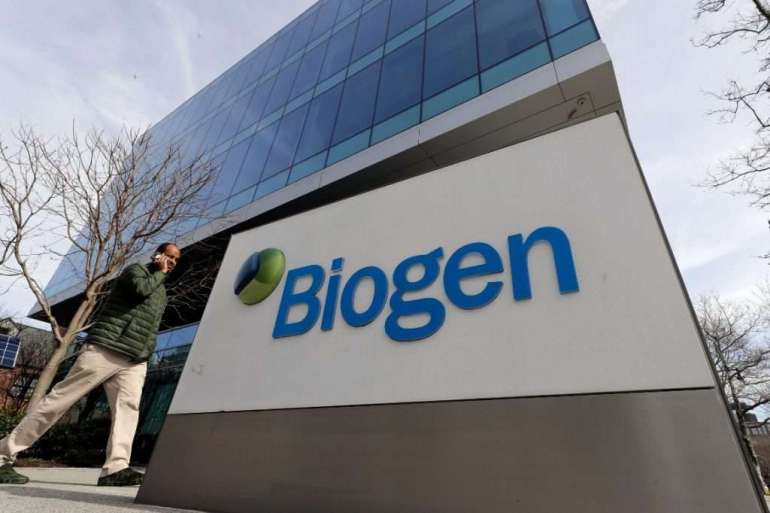FDA approved Alzheimer’s drug over internal objections

Three FDA advisory committee members resigned in protest over the drug approval. Other critics have warned that the high cost, coupled with the need for expensive diagnostic procedures and regular screening of patients who take the medication, could overwhelm the health care system. Nearly 6 million Americans have Alzheimer’s disease.
What they said: “The primary statistical review does not recommend approval,” officials from FDA’s Office of Neurology wrote in a memo dated June 7, summarizing the recommendations of agency statisticians. Those statisticians based their decision on two major clinical trials of the drug: one showing positive results, and one that showed negative results. “This results in a conflict between one positive study and one negative study,” the memo said.
The FDA statisticians rejected a reanalysis of the data by Biogen that suggested the second trial would have shown the drug to be effective if it had continued for a longer period, rather than being stopped for lack of efficacy.
Top officials disagreed: But the documents released Tuesday show that senior FDA officials, including the agency’s drug chief, Patrizia Cavazzoni, Office of New Drugs Director Peter Stein and Office of Neuroscience Director Billy Dunn, all supported the decision to grant accelerated approval to Aduhelm, based on limited data that suggested it reduces the level of amyloid plaque in the brain of Alzheimer’s patients.
The accumulation of amyloid plaque is a marker of the disease, but physicians and scientists do not have proof that reducing or preventing build-up of the protein lessens patients’ symptoms.
“I disagree with [the Office of Biostatistics’] recommendation that the application should not be approved,” Cavazzoni wrote in a June 7 memo. “I concur … that the [drug] has met the requirements for accelerated approval,” including that Biogen “has provided substantial evidence of effectiveness on the surrogate endpoint of reduction in brain amyloid plaque and that the surrogate endpoint is reasonably likely to predict clinical benefit.”
Other top FDA officials discussed the Biogen application at an April 26 meeting where biologics chief Peter Marks, Oncology Center of Excellence Director Richard Pazdur, Office of Clinical Pharmacology Director Issam Zineh and Office of Medical Policy Director Jacqueline Corrigan-Curay endorsed the accelerated-approval approach.
Labeling expectations: FDA ultimately green-lighted Biogen’s drug for all Alzheimer’s disease patients without any contraindications — a decision that appears to differ from Stein’s expectations laid out in his June 7 memo supporting the accelerated approval.
He wrote that the drug would most likely benefit people in early stages of the disease, and appeared to assume that the FDA approval would limit the medicine’s use to those patients.
“Since AD is a progressive disorder, years delay in access would mean that patients eligible for treatment with this drug under AA [accelerated approval] could suffer irreversible loss of brain neurons and cognitive function and memory,” Stein said. “Moreover, there may be a ‘window’ for benefit, so that patients progressing to later stages of the disease over the next several years may no longer be eligible for treatment, if it is confirmed to provide clinical benefit, since the drug will be indicated for patients relatively early in the clinical course.”
What’s next: The Centers for Medicare and Medicaid Services and private payers are facing pressure to decide under which circumstances they will cover the drug for patients.